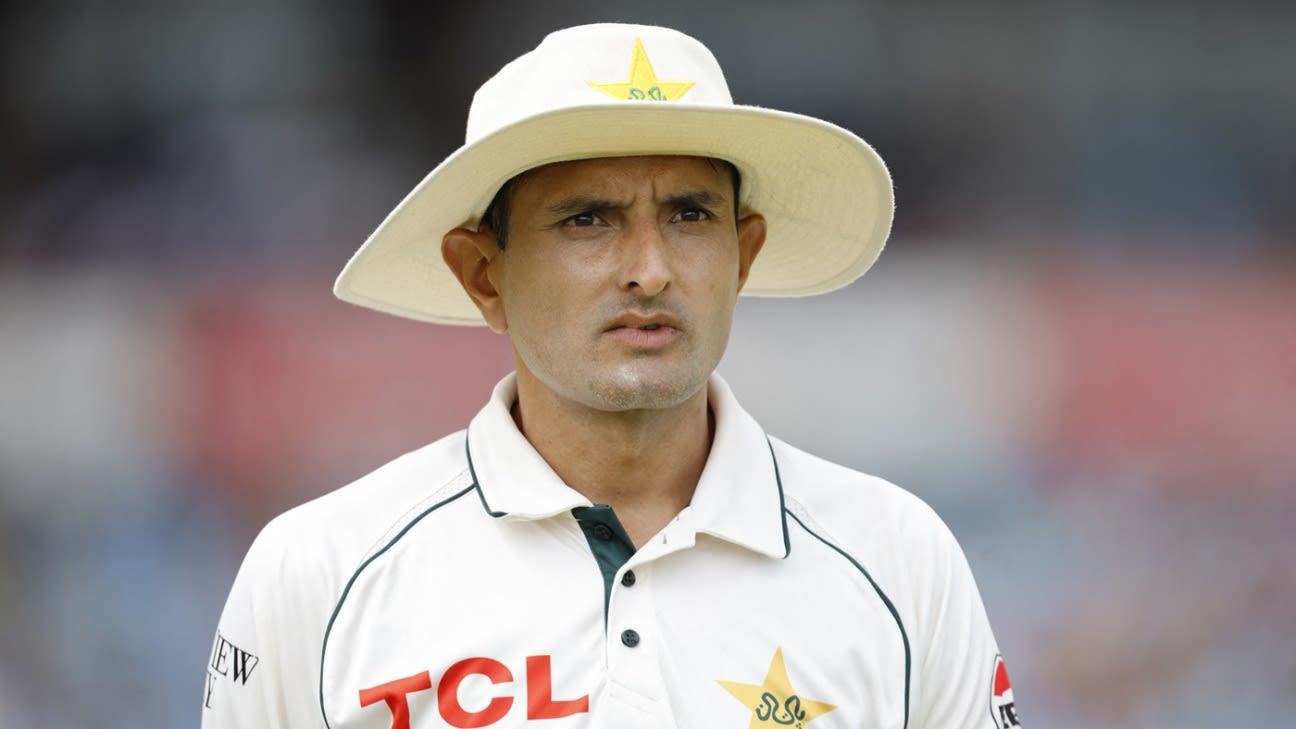 |
|
Pakistan's decision to field a spin-heavy bowling attack for the upcoming Test series against the West Indies has raised eyebrows and sparked debate amongst cricket enthusiasts and analysts. The exclusion of prominent fast bowlers Shaheen Afridi and Naseem Shah, who were once considered the spearheads of the pace attack, marks a significant shift in strategy for the national team. This move is particularly noteworthy given the emphasis placed on pace bowling at the beginning of the home season. The initial promise of an all-pace attack has now given way to a reliance on spin, highlighting a potential reassessment of Pakistan's bowling resources and tactical approach.
The absence of Shaheen Afridi and Naseem Shah is not a new development. Both players were also absent from the Test matches played in South Africa. The cumulative effect of their limited participation throughout the season is striking. Between them, they've played a mere five Tests out of a total of nine, underscoring the inconsistency in their selection and raising questions about their fitness, form, or the team management's evolving strategic preferences. Their exclusion from the all-pace attack fielded in Cape Town against South Africa further solidifies the sense that the team management is prioritizing spin-bowling expertise over pace.
The selection conundrum highlights a potential weakness in Pakistan's fast bowling resources. While the initial expectation was of a potent and well-rounded pace attack, the reality suggests a more nuanced situation. The team's reliance on spin bowling against the West Indies points towards a strategic gamble or a recognition of the limitations within their current pace bowling capabilities. This raises broader questions regarding the development and nurturing of young pace bowlers within the Pakistan cricket system. Is there a need for more comprehensive training programs or a more focused approach to identifying and grooming future pace spearheads?
The West Indies, known for their batting prowess, will likely present a challenging test for Pakistan's spin-heavy bowling attack. The success or failure of this strategy will significantly impact the outcome of the series. It's a high-stakes gamble, and the consequences will be closely scrutinized by fans and critics alike. The team’s performance will be a crucial indicator of the effectiveness of the strategic shift and provide valuable insights into Pakistan's long-term bowling plans.
The decision to omit Shaheen Afridi and Naseem Shah also carries implications for the team's overall morale and player confidence. The two fast bowlers are undoubtedly key figures in the national team setup and their limited participation could potentially impact team cohesion and morale. The challenge for the coaching staff will be to maintain a positive atmosphere within the team and ensure that players remain motivated and engaged despite changes in playing strategies. Balancing the needs of individual players with the overall team strategy is always a complex but essential task in team sports.
Beyond the immediate tactical considerations, the shift to a spin-heavy strategy raises questions about Pakistan's long-term planning for its bowling department. The team's reliance on spin could indicate a longer-term strategic direction, perhaps reflecting an assessment of the conditions they are likely to face in upcoming series and tournaments. However, neglecting the pace-bowling front could prove detrimental in the long run, potentially creating an imbalance in the team's overall makeup. A comprehensive and well-rounded bowling attack is crucial for sustained success in international cricket. A strategic reliance on one style of bowling, particularly when it means neglecting crucial pace bowling talents, could potentially limit the team's adaptability and overall competitive edge.
The debate surrounding Pakistan's bowling strategy will undoubtedly continue as the series unfolds. The team's performance will be crucial in evaluating the effectiveness of their chosen approach. Success will vindicate the decision to prioritize spin, but failure will raise serious concerns about the team's overall preparation and strategic depth. It remains to be seen whether this bold tactical shift will ultimately prove beneficial for Pakistan or highlight a weakness in their pace-bowling capabilities. Regardless of the outcome, the decision serves as a reminder of the constant evolution of strategy and selection within the high-stakes world of international cricket.
Source: Pakistan go spin-heavy for West Indies Tests, leave out Abbas and Naseem
